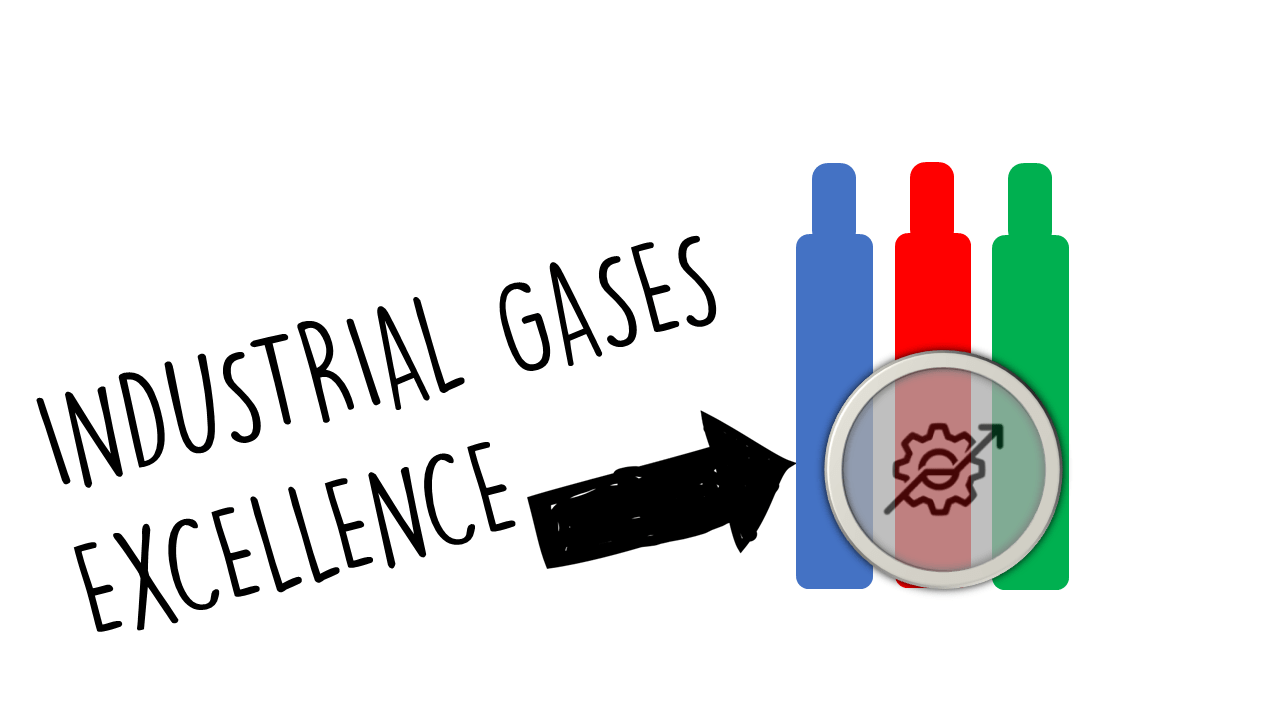Problem:
The industrial gases sector is a highly specialized and competitive industry. Companies operating in this space face numerous challenges, including fluctuating market conditions, stringent safety regulations, and the need for constant technological innovation. However, one of the most pressing issues is the difficulty in achieving consistent sales growth. Many businesses struggle to identify effective sales strategies that can help them gain a competitive edge and increase their market share.
Impact:
The problem becomes more complex when considering the unique nature of the industrial gases industry. The products are not typical consumer goods; they are specialized commodities used in various industries such as healthcare, food and beverage, manufacturing, and energy. This means that the sales process is often more technical and requires a deep understanding of the customer’s specific needs and applications.
Moreover, traditional sales strategies may not yield desired results in this industry. For instance, mass marketing techniques may prove ineffective due to the niche target audience. Similarly, aggressive sales tactics could potentially harm relationships with clients who value trust and long-term partnerships.
Solution:
In light of these challenges, it becomes crucial for companies in the industrial gases sector to rethink their sales approach. One strategy that has proven effective across various industries is applying the 80/20 rule in sales – also known as the Pareto Principle.
The 80/20 rule suggests that 80% of your company’s revenue comes from 20% of your customers. By identifying these key customers and focusing more resources on them, companies can maximize their sales efficiency and profitability.
Case Study:
Consider the case of Company X, a leading supplier of industrial gases. Despite having a broad customer base across multiple industries, Company X was struggling with stagnant sales growth. They were spending significant resources trying to attract new customers but saw little return on investment.
Company X decided to apply the 80/20 rule to their sales strategy. They analyzed their customer data and found that indeed, a small proportion of their customers were contributing to a large portion of their revenue. These were typically large-scale industries that required regular supplies of industrial gases.
Armed with this insight, Company X shifted its focus towards nurturing these key relationships. They invested in understanding these customers’ specific needs better and tailored their services accordingly. They also ensured consistent high-quality service delivery to enhance customer satisfaction and loyalty.
The results were remarkable. Within a year, Company X saw a significant increase in their sales figures without increasing their customer acquisition costs. Their key customers also reported higher satisfaction levels due to improved service quality.
Conclusion:
The case of Company X demonstrates how applying the 80/20 rule can transform sales performance in the industrial gases industry. By focusing on key customers who contribute most to revenue, companies can optimize resource allocation, improve customer satisfaction, and ultimately drive sales growth.
However, it’s important to remember that every company is unique – what works for one may not work for another. Therefore, businesses should consider their specific circumstances when deciding on their sales strategies.
